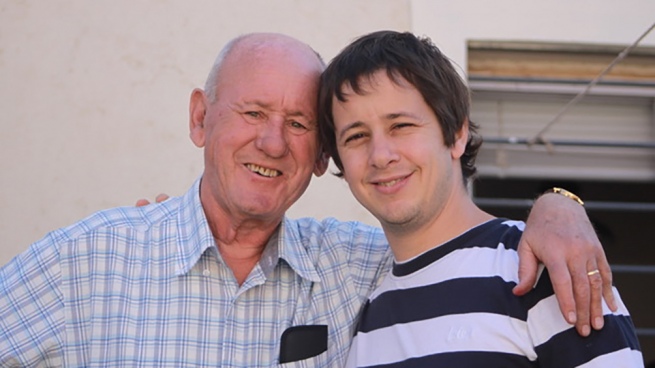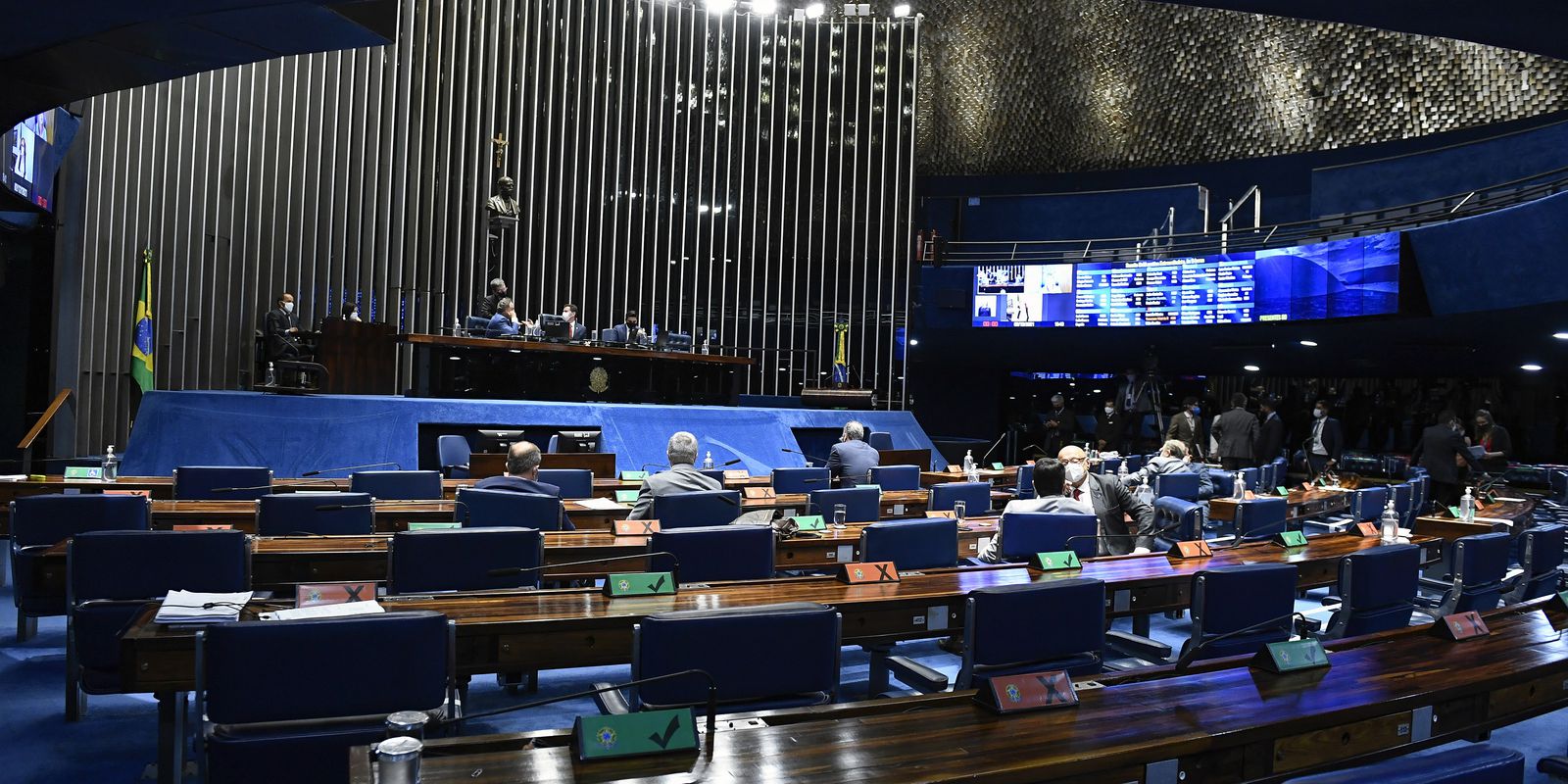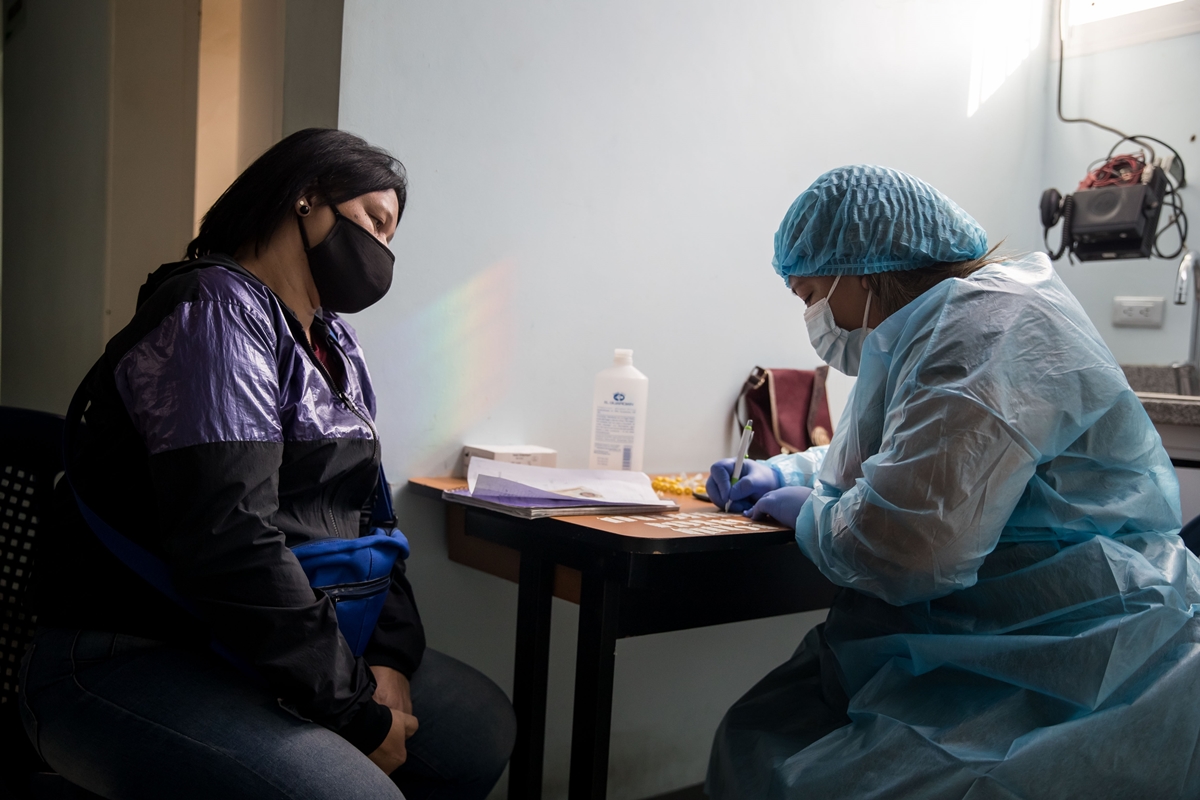“I did not want to fictionalize my father’s illness but to tell what he had experienced. Write in the first person. This is what I experienced as his son”, says Guillermo Ferro, journalist, social communicator and author of the moving “The memories remain. Memories of dad, mine and Alzheimer’s “which will be presented on April 29 at the Buenos Aires Book Fair.
How the first symptoms of the disease appear, what is the family’s reaction, how to deal with memory loss, what to do with difficulties in recognizing other people, in the face of the impossibility of designating everyday objects or common spaces. Alzheimer’s can be heartbreaking, especially for those around those who have it.
In that mud, in the mud of not knowing and not being recognized, Ferro enters throughout his work. And he does it to come out transformed, to be other than the one who faced the pain and uncertainty of Roberto’s illness, his father who died in November 2020, and the suffering of his mother, partner and main caregiver for a decade.
“The book is a story about the last ten years of my father’s life and about our coexistence with the disease. In a certain way it is a personal download, but it is intended not only to be a tribute to my father but, above all, a tool to help others”, assures Télam the author of “The memories remain”, who is licensed in Social Communication at the National University of Córdoba and a volunteer for ALMA, civil association that fights against Alzheimer’s.
“The memories remain. Memories of dad, mine and Alzheimer’s “by Guillermo Ferro, was edited by the Cordobesa publishing house Lago and can be obtained through the following means: Bookstore on the Margin: Fraga 606, Chacarita. CABA. Instagram: thememoriesremainbook Facebook: memories remain Twitter: @LibroAlzheimer.
Know, care and prevent
Alzheimer’s as a disease was first described by Alois Alzheimer in 1906. It is the most common cause of dementia, since it represents between 50% and 75% of all cases. It is the fifth leading cause of death in our country where About 300,000 people suffer from it.
“It is a disease that leads to the decline of cognitive abilities and functional capacity, along with the appearance of behavioral and psychological symptoms,” says the specialized association ALMA on its website.
In its initial phase, Alzheimer’s has mild symptoms.since the affected person maintains autonomy and only requires help when it comes to complex tasks.
“Short memory failures and some personality changes are observed, such as apathy, reluctance, impoliteness. In this phase, in general, the affected people realize the deterioration of some of their faculties. This increases the possibility of affective disorders, mostly depression and hostile thoughts,” adds the organization.
-Guillermo, why did you write “Memories remain”?
-Initially the book was a download. My dad had Alzheimer’s and we lived with the disease for ten years. During the pandemic I spent six months without traveling to Córdoba to visit him. In a video call I had the feeling that he did not recognize me, something that had not happened until that moment. I was heartbroken, scared, worried. There were already other symptoms of the disease, such as loss of vocabulary, not recognizing a name or not knowing how to designate an object. But I had never felt that he did not recognize me. From that day I began to write about my sensations: pain, anger, sadness, fear, anger.
-You began to write as a download, as an elaboration of what was happening.
-Yes, but as I was writing I began to remember other writings I had. I really like to write, and even more to describe. Those writings were about things I had done with him. A trip to his hometown, or an attempt at a book that told our story. From this I began to think that I wanted to put in order what the last ten years of his life had been like. When did the disease appear, how did it happen, how did I find out about it, what did I do as a son, what did we do as a family, how did we experience it.
-What did you find in that search?
-I found many good things on that tour. One always stays with the bad of the disease, with the sad and painful. But I started to see that we had done a lot of things together. To realize that in reality I was so angry that I saw everything dark, but that in these these years a lot of beautiful things had also happened. That beyond the progress of the disease there was a life behind my father, and enjoyment, a smile. And from there I felt the need to write everything.
“I assumed that I did not have to correct my father, that I did not have to tell him that he had already told me that, that I did not have to get angry”
-You mentioned “the good” of the disease. Did your father’s memory loss allow you to regain yours?
-Yes, exactly. In the book I include a writing that I did to him when I realized that he no longer remembered names, places, common spaces. It’s like a story of his life where I told him what he had told me: I was born in such a town, I grew up in such a way, I met my wife that way, etc. etc. I told her the story of his life. Fifty percent of his story is one hundred percent of mine. My dad passed away at the age of 80 on November 2, 2020, when I was 40 years old. And so I found myself with an “us”, because I had the feeling of knowing I was far away, that the memory and the memory slipped away like water through my fingers. After reconnecting with his story, I gradually found my own. That allowed me to “befriend” the disease.
– Were you angry with what happened?
-Yes. He lived angry. One always thinks why this happens to us, what a shitty disease, how long it lasts… And then you realize that it’s not that serious, that it’s not a terminal illness, that whoever suffers from it, even though I can’t tell you “Let’s have an ice cream”, if you sit down to eat one with him, he enjoys it. My father couldn’t say his grandson’s name, but he could give him a kiss, a hug. Or kick him a ball. All this within the evil that Alzheimer’s has.
“I suffered more the sadness of my mother as the main caregiver than my father’s illness”
-How can we accompany those who suffer from the disease?
-You have to assume that it is there, not deny it. One of the first reactions that we had in my family when we recognized the first symptoms was to say this is not there, this does not exist, it is typical of old age, they are distractions, etc. From there you have to take charge and get informed, attend a medical consultation, begin to understand what degenerative diseases are about. Also how you live in that situation, because each story is different.
-How was it in your case?
-I lived another relationship with my father when I assumed that I didn’t have to correct him, that I didn’t have to tell him that he had already told me that, that I didn’t have to get angry because I couldn’t put a name to a thing or a person. From then on it was a much healthier, freer, more harmonious bond. Another important aspect is to approach an association that can accompany you and help you.
After my father’s death I decided to volunteer for the Association to Fight Alzheimer’s Disease and Similar Alterations of the Argentine Republic (ALMA), where now I am the one who listens and accompanies other relatives. Even after being in ALMA, I decided to publish the book because I understood that telling my story was good for others, helping them.
-What was it like to bring your father’s story to a book, where the family history is exposed and, in some way, its intimacy?
-It was a process. I wondered what would happen if I made it public, what would my mother say, what would my brothers think. Because I didn’t want to fictionalize my father’s illness but to tell what I had experienced. Write in the first person. This is what I experienced as his son. I did not even take the testimony of my mother or my brothers (I am the youngest of three boys). I only showed them the book after it was finished, and it was wonderful how they gave me their support and approval, even without reading it. I remember that I did speak with a colleague, who is a writer and editor, and she told me: “you cannot keep all this to yourself, you have a lot of information to help and accompany”. They told me the same thing at ALMA. But the internal debate I had.
“My father could not say his grandson’s name, but he could give him a kiss, a hug”
What was more difficult for you, writing the book or reading it?
-Reading it. Because as I was writing it I was seeing my father, remembering the family. He didn’t notice me. It was like riding a bike. One advances and advances towards a destination. Now, when I finished writing it and started reading it, it devastated me, every time I read it I ended up crying. Especially in the end, where I tell my last week with him.
-What do you expect from the book?
-That it reaches all the people with a family member with some type of dementia. I suffered more from my mother’s sadness as the main caregiver than from my father’s illness. When I understood that the disease was there, I learned to live with it. What I couldn’t figure out was how to help my mom stop being so sad. I was the son of a father with Alzheimer’s but also of his main caregiver. An ALMA motto is “caring for the caregiver”. The sick person is already sick. What has to be done is that that person has a decent life, that he is well, that he enjoys within what his state of health allows. But the caregiver, many times, ends up going before the patient.
Do the memories remain?
-The book is titled that way because it is also about the memories that I have left from the life I had with my father. Of course the memories remain. I hope that those who read the book will go back to the moments they shared with those loved ones who are no longer with them.
-You mention memories and memory when talking about a disease where they become weak or directly vanish. How would you define them?
-Memory is what we can recover. They say that when a person dies what goes is the physical person, but that they will not die completely as long as they are remembered, as long as you do not forget them. I believe that memory is that: not forgetting our loved ones, even if we have lost them.
“Excuse me, but the truth is that I do not remember”
On Saturday, April 2, at the end of the match in which Racing beat Sarmiento de Junín 4-1, journalist Juan Pablo Vila (TNT Sport) had a surprising interview with Leonardo Sigali, defender of the Avellaneda club, who here We reproduce below.
What at first seemed like an unusual (and even impolite) dialogue was actually part of a campaign organized by ALMA to raise awareness about the importance of early diagnosis of Alzheimer’s. After the interview, the entity posted a video on social networks where Sigali himself explains what happened and talks about the most common symptoms of the disease.










